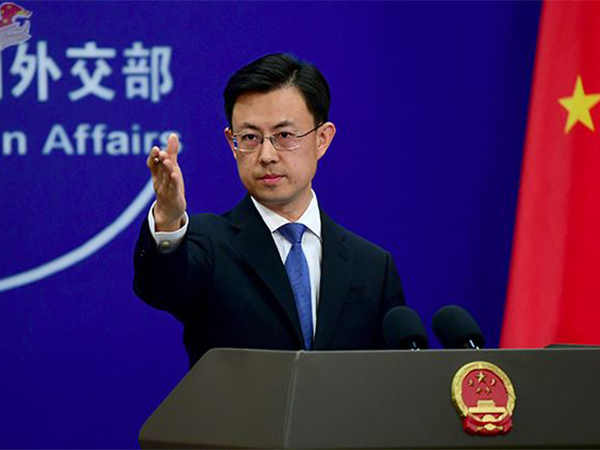Gold may experience steady, albeit modest growth in 2025: WGC
Dec 14, 2024

New Delhi [India], December 14 : The outlook for gold presents a mix of challenges and opportunities, with the precious metal poised for modest growth amid a dynamic global economic landscape in 2025, according to World Gold Council.
Market projections suggest gold may experience steady, albeit modest, growth in 2025. Key economic variables like global GDP, bond yields, and inflation indicate a stable environment, though risks remain.
Several factors, including central bank actions, geopolitical tensions, and evolving consumer and investor demand, will shape gold's performance.
Potential upside could emerge from stronger-than-expected central bank purchases or economic shocks prompting a flight to safe assets. On the flip side, tighter monetary policies and rising interest rates could weigh on gold.
The United States, under President Trump's second term, is a critical factor in gold's trajectory. While a pro-business agenda may boost domestic sentiment, global investors are cautious, wary of inflationary pressures and supply chain disruptions.
The Federal Reserve is expected to cut interest rates by 100 basis points by the year end, which historically supports gold, but a prolonged pause or reversal in policy could pose challenges.
China and India, the two largest gold markets, will remain vital to gold's performance. In China, economic growth and government stimulus could influence consumer demand, though competition from stocks and real estate may limit gold's appeal.
India is in a stronger position, with economic growth above 6.5 per cent supporting consumer demand. Additionally, financial gold investment products are gaining popularity in India, adding resilience to the market.
Central banks have been net buyers of gold for nearly 15 years, recognizing its value as a crisis hedge and a reliable reserve asset.
In 2025, central bank demand is projected to exceed the long-term average of 500 tonnes, continuing to bolster gold prices. However, a dip below this level could introduce headwinds for the metal.
Uncertainty remains a significant factor. Geopolitical tensions, particularly in regions like South Korea and Syria, and concerns over European sovereign debt could drive risk-averse investors toward gold.
At the same time, the interplay between gold's key drivers--economic expansion, risk perception, opportunity cost, and momentum--will influence its price.
Gold is expected to trade within a range similar to late 2024, reflecting the market's pricing of available information. Lower interest rates or heightened geopolitical risks could push prices higher, while a combination of rising rates and slowing growth may apply downward pressure.
Central bank buying will remain crucial, providing a steady foundation for gold in 2025.




















